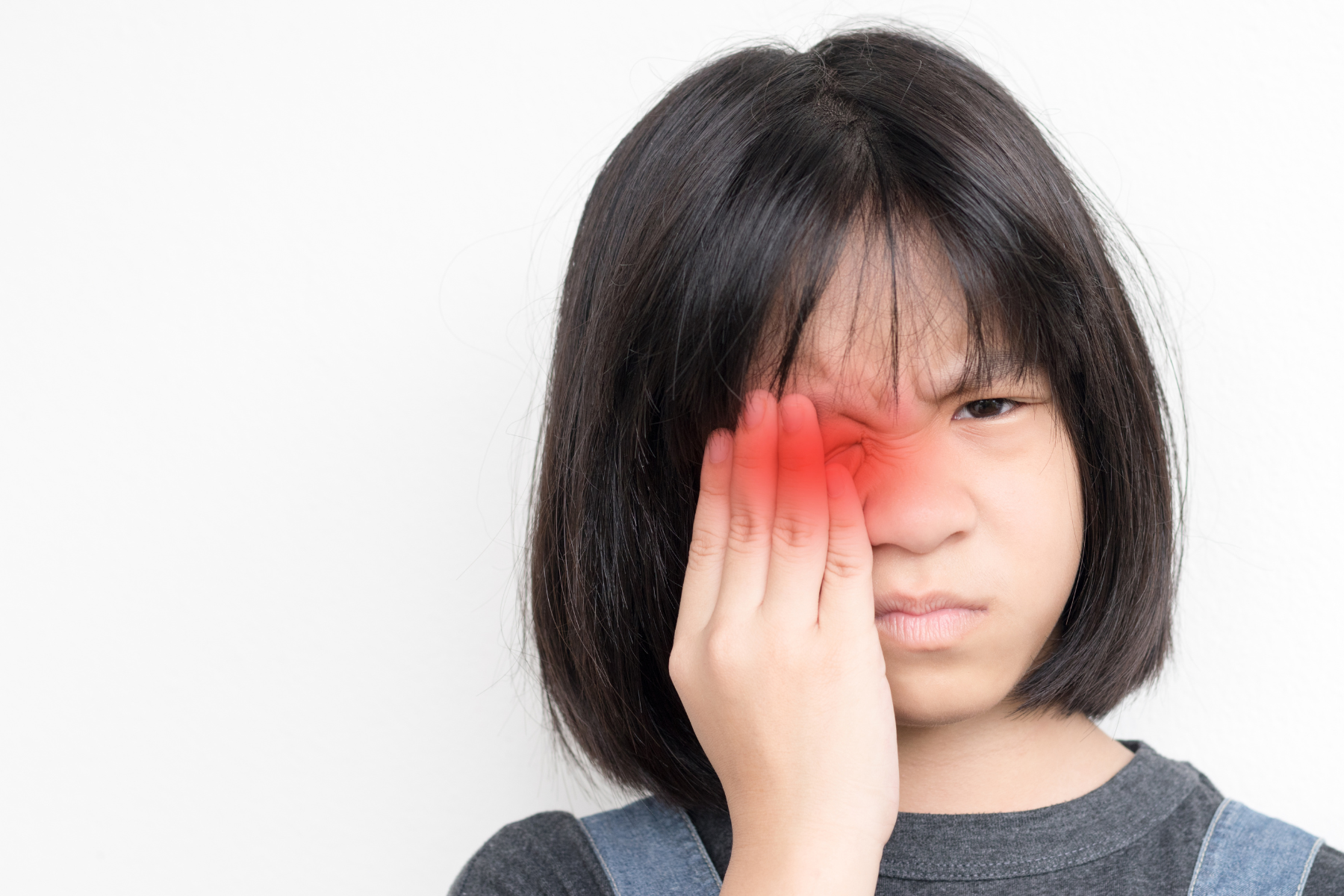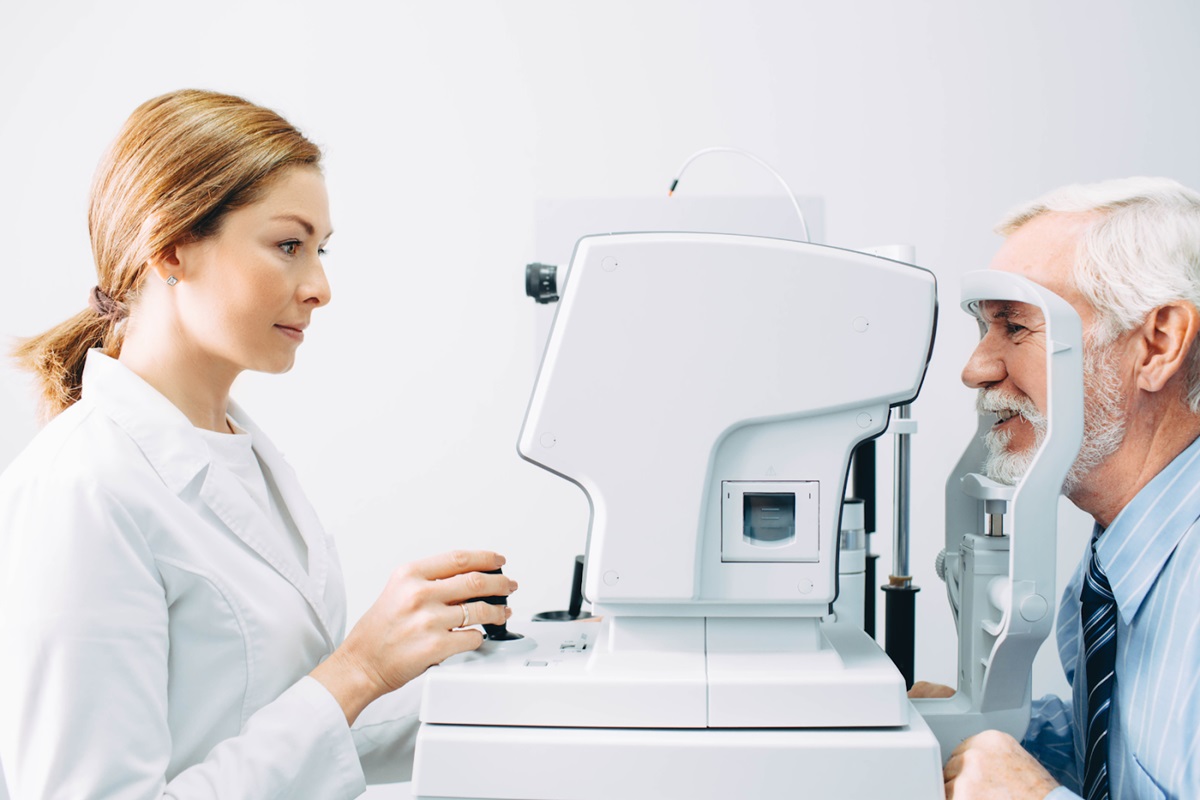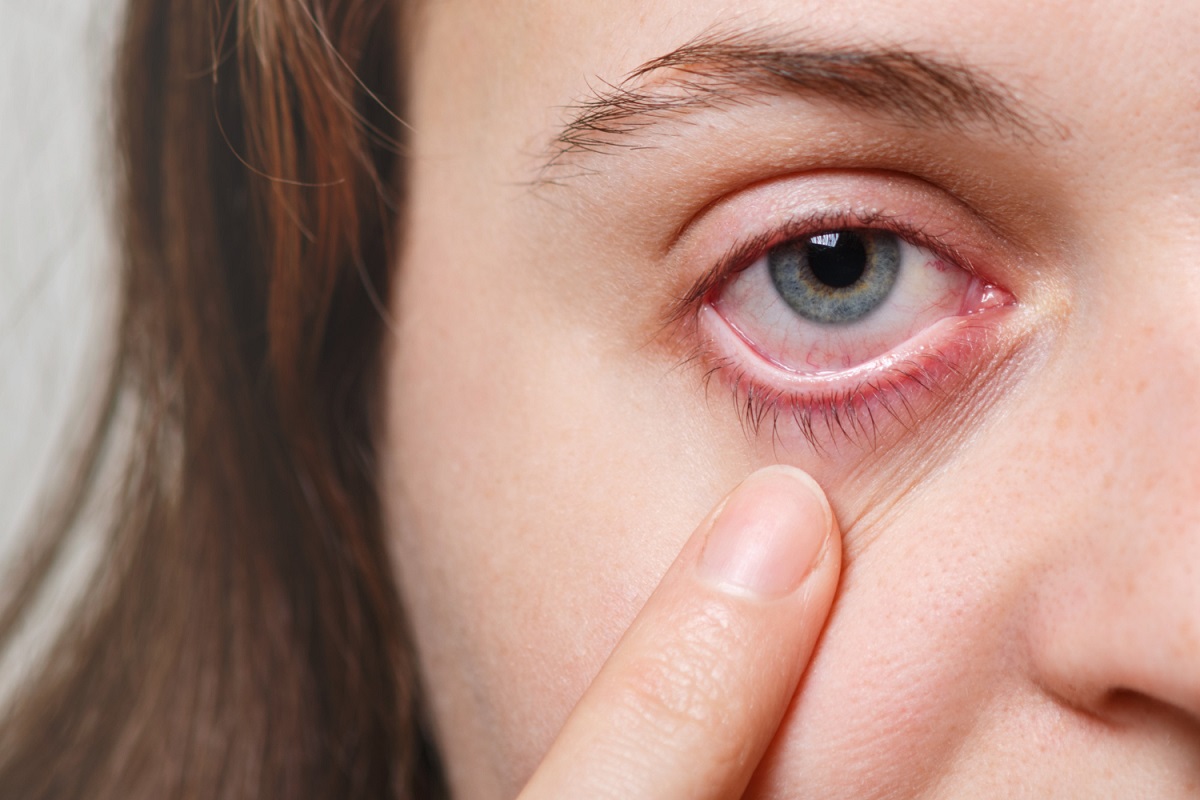As we get older our eyesight goes through some changes, much like the rest of our body. It's common to notice a few adjustments in how well we see as time rolls on, especially up close. But here's the thing, as we grow older, some eye diseases like glaucoma, cataracts, and age-related macular degeneration are more likely to occur as well. But hey, no need to stress! Making sure to look after your eyes as you age might help lessen the impact of getting older on your eyesight.
Let's chat about something super important: regular eye tests. These aren't just about reading those little letters on a chart – they're important to detect eye disease early. Looking out for problems early and giving your eyes the care they deserve is crucial because losing vision can create a problem in your everyday activities.
Let's dive into common eye issues that come up as we age, how your diet and lifestyle can help keep your eyes healthy, why eye tests are a big deal for seniors, and when to have a chat with your optometrist.
Understanding the Risk of Eye Disease
The Australian Institute of Health and Welfare 2023 estimates that at least 13 billion Australians suffer from chronic (long-term) eye conditions like blindness or visual impairment, conditions that may have been avoided or are still untreated [1]. The likelihood of disease can be influenced by a variety of factors, including age, ethnicity, genetics, lifestyle decisions, and pre-existing medical conditions.[2]
Age-Related Vision Changes: Understanding the Effects of Aging on Eyes
Presbyopia - A frequent eyesight disease that usually arises around the age of forty is presbyopia. This disorder arises from the lens of the eye being impacted by the ageing process naturally, which causes a progressive loss of flexibility.[3]
Dry Eyes - Dry eyes are frequently the consequence of changes in fluid production and a decrease in tear production brought on by ageing. This problem can be managed by avoiding extended exposure to dry or windy circumstances.
Reduced Night Vision - Your eyes' ability to adapt to low light levels can be impacted by ageing, which can result in diminished night vision. This can make things more difficult, like driving at night.
Cataract - A prevalent age-related eye condition characterised by the clouding of the lens, leading to blurred or dim vision. Common symptoms include increased night vision difficulties, sensitivity to light, and the need for frequent changes in eyeglasses. While early stages may be managed with prescription lenses, advanced cataracts often require surgical removal and replacement with an artificial lens
Nutrition for Healthy Eyes
Our diets have a big influence on our eye health, especially as we become older. Maintaining eye health requires a well-rounded diet rich in vitamins that are good for the eyes, healthy fats from fish, and lots of water.[5]
Foods rich in vitamins A, C, and E - Including fruits and vegetables high in vitamins A, C, and E promotes the general health of the eyes. Almonds, carrots, spinach, and citrus fruits are all great options. Vitamin E acts as an antioxidant to shield the eyes from oxidative damage, while vitamin E. [6]
Omega 3 fatty acids for macular health - For the health of your eyes, you must consume omega-3 fatty acids, which are present in walnuts, flaxseeds, and fatty seafood like salmon. [7]
Staying Hydrated - To keep the moisture in your eyes, you must stay properly hydrated. Dehydration can result in dry eyes, which irritate and cause discomfort.
What are Tips for Maintaining Your Eye Health?
- Adequate Sleep and Eye Health - Sleep has a significant effect on our eyesight and general well-being. Obtaining sufficient deep sleep facilitates this essential lubrication, which lowers dry eyes and ocular tiredness.[8]
- Quit Smoking for Clearer Vision - Smoking raises the risk of numerous major age-related eye disorders substantially. Over time, the chemicals in cigarette smoke can harm the eyes' fragile blood vessels and tissues. It is never too late to take advantage of the numerous benefits to ocular health that come with permanently beating this addiction.[9]
- Exercise for Eye Health - Consistent physical activity is vital for both overall health and eye well-being. Just as our body benefits from movement, our eyes do too. A healthy lifestyle aids the delicate ocular tissues in obtaining essential nutrients and oxygen. As we age, a balanced diet, regular exercise, and stress management significantly impact our vision. These practices uphold optimal eye health and support clear vision over time.[10]
- Managing Chronic Conditions Affecting Vision - If neglected, several common chronic diseases, such as diabetes, can have a detrimental effect on our eyes. Uncontrolled diabetes can cause high blood sugar levels that harm the tiny blood vessels in the retina, resulting in diabetic retinopathy and potentially blindness.[11]
- Protecting Your Eyes from Environmental Hazards - Environmental factors like sunlight, wind, and air pollution can harm our eyes. The future risk of cataracts and macular degeneration is increased by UV exposure. Invest in a good pair of sunglasses that protect against UV rays while you spend time outside.[12]

How can I improve my Eyesight as I Get Older?
Many individuals wonder about improving their eyesight with age. Practising the 20-20-20 rule, which involves taking breaks during prolonged screen use, can help reduce eye strain. Additionally, regular eye tests, maintaining healthy sleep patterns, and scheduling routine eye check-ups contribute to lifelong good vision. However, some conditions such as cataracts and presbyopia can not be prevented, just like you can't avoid grey hairs you can only treat them.
The 20-20-20 rule is a simple:
- Every 20 mins of screen time
- Take a 20-second break from the screen
- Focus on something 20 feet away (Out the window)
Conclusion
In summary, as we age, our eyes experience changes similar to the rest of our body. Conditions like glaucoma, cataracts, and macular degeneration become more common as we get older. However, taking proactive steps to care for our eyes can help reduce the impact of ageing on our vision.
Regular eye check-ups play a crucial role in maintaining good eye health. Eye tests detect issues early, preserving our vision without causing discomfort.
Balancing nutrition, hydration, exercise, proactive health management, and preventive eye care is key to maintaining strong vision. Prioritising these practices significantly contributes to eye health throughout life.
Browse the Eye Health section of our website to learn more about Common Eye Conditions and their treatments. Schedule an appointment with us online or call: 03-9702-9118. Your eyes deserve the best care.






